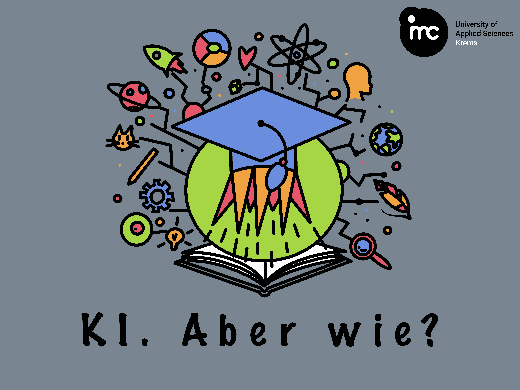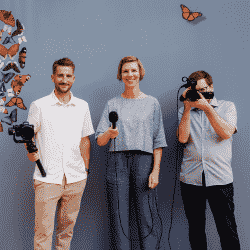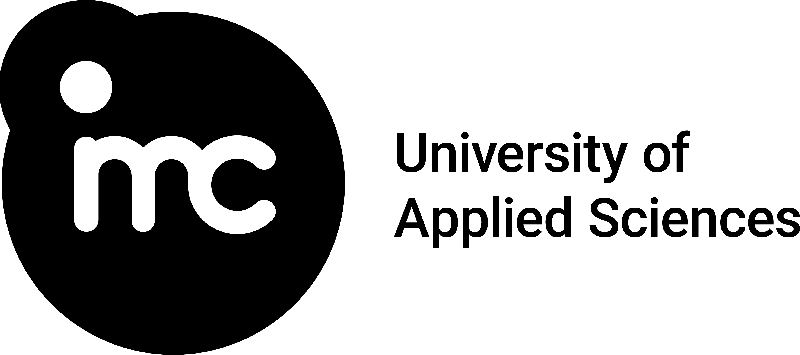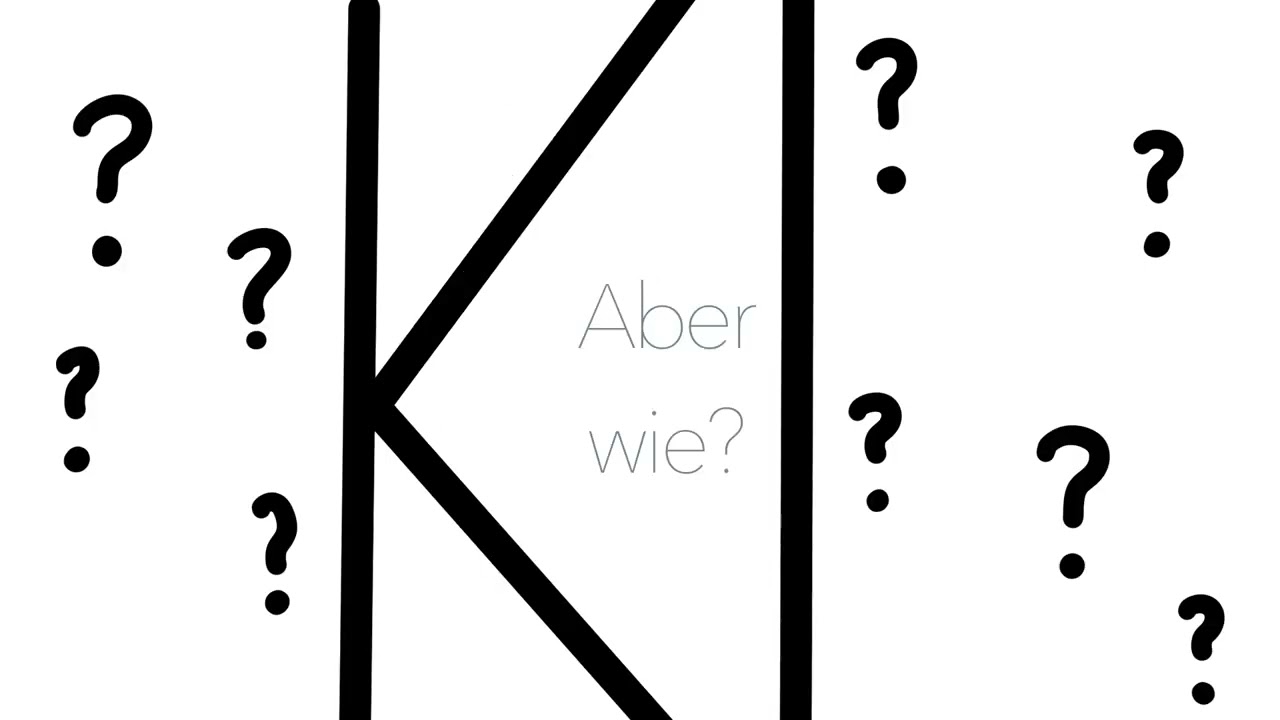


AI in Higher Education: The How and Why
IMC Krems University of Applied Sciences
Mag. Cornelia Amon, Stefan Schmircher, BSc, Lukas Mathä, MA
About
Trailer for AI in Higher Education: The How and Why
General Course Information
AI has arrived in the world we all live in. We use chatbots and image generators. Perhaps also analysis tools and specialized tools in our work areas.
Penetrating the lecture halls seems to be a little more complicated - many people ask themselves where or how exactly a tool can be used sensibly in university teaching. And how do I find and evaluate such tools?
If you have ever asked yourself these or similar questions, then this course is the right one for you!
Content
Course Content
The motto is: briefly and concisely work through the theory and then get into the action yourself - in each lesson you can expect a short info video, an exciting podcast episode with a person directly from teaching and a task that prepares you for the use of AI in one of your courses.
These topics are covered in 5 lessons:
Lesson 1: Basics & History
Lesson 2: Bias, prompting & data protection
Lesson 3: AI for the preparation of courses
Lesson 4: Where does AI find a place during the current semester?
Lesson 5: AI and testing
Course Goals
The aim of the course is to convey the basics and challenges and at the same time to give concrete recommendations that can be implemented directly.
- Understand the basics of artificial intelligence (AI), including how it works and its applications.
- Knowledge of the approximate historical development of AI
- Recognize bias in AI systems and the impact on decisions and outcomes
- Understanding the role of prompts in influencing AI models.
- Know about privacy and ethical considerations related to AI.
- Experience and test how AI can be used in teaching, e.g. to automatically generate teaching materials.
- Receive ideas for the practical use of AI in course preparation, e.g. for personalizing learning content
- Identify areas of application for AI in the current semester, e.g. automatic assessment of assignments or recommendation systems for students.
- Discuss the integration of AI in various courses and subject areas.
- Consideration of the use of AI in examinations, e.g. automatic assessment of tests.
- Discussion of the advantages and disadvantages of AI-supported examination procedures.
Previous Knowledge
No special previous knowledge is required.
Course Procedure
Every week one lesson is released. An explainer video describes the theoretical content, while a podcast episode combines the information heard and seen with practical experience. In a practical exercise, what has been learned can be deepened and active exchange is initiated by the course instructor in the forum. In the familiar iMoox tradition, each lesson ends with a short quiz.
Certificate
For actively participating in the course you will receive an automatic certificate which includes your username, the course name as well as the completed lessons. We want to point out that this certificate merely confirms that the user answered at least 75% of the self-assessment questions correctly.Licence
This work is licensed under CC BY-SA 4.0Course Instructor

Mag. Cornelia Amon, Stefan Schmircher, BSc, Lukas Mathä, MA
Cornelia Amon works as an instructional designer at IMC Krems in the Teaching & Media Services department. As part of her work, she collaborates with teachers to create teaching and learning products, paying attention to didactic and methodological subtleties. At the same time, she deals with developments in the technical field and the possibilities of integrating them into teaching.
The foundation for her interest in diversity and individuality in the teaching of content was laid early on in her vocational training as an elementary school teacher. The theoretical basis was then created at the University of Vienna with a degree in educational science specializing in media and school pedagogy. Today, the Media Lab, the heart of Teaching & Media Services, designs individual solutions for teachers and uses modern tools to create the most efficient, sustainable and individual teaching and learning materials possible.
Lukas Mathä studied Media Technology at the FH St. Pölten and Digital Arts at the FH Oberösterreich. The combination of technical and artistic know-how allows him to both plan and implement a wide variety of media projects. In the Media Lab at IMC Krems, he uses this knowledge to support lecturers, staff and students who want to realize their ideas and projects in a sophisticated media environment.
Stefan Schmircher completed his studies in Media Technology at the FH St. Pölten. He then gained experience in TV production and editing. As a digital creator, his focus is on creating videos, photos and graphics that are published on various platforms such as live television, YouTube, social media and live events. Together with the MediaLab team at IMC Krems, he has been setting up a Teaching & Media Service Center for four years now. He supports lecturers and staff in producing and publishing digital content.
Login & Enrol Currently: 579 Participants
Free for all € 0.00
Partners

